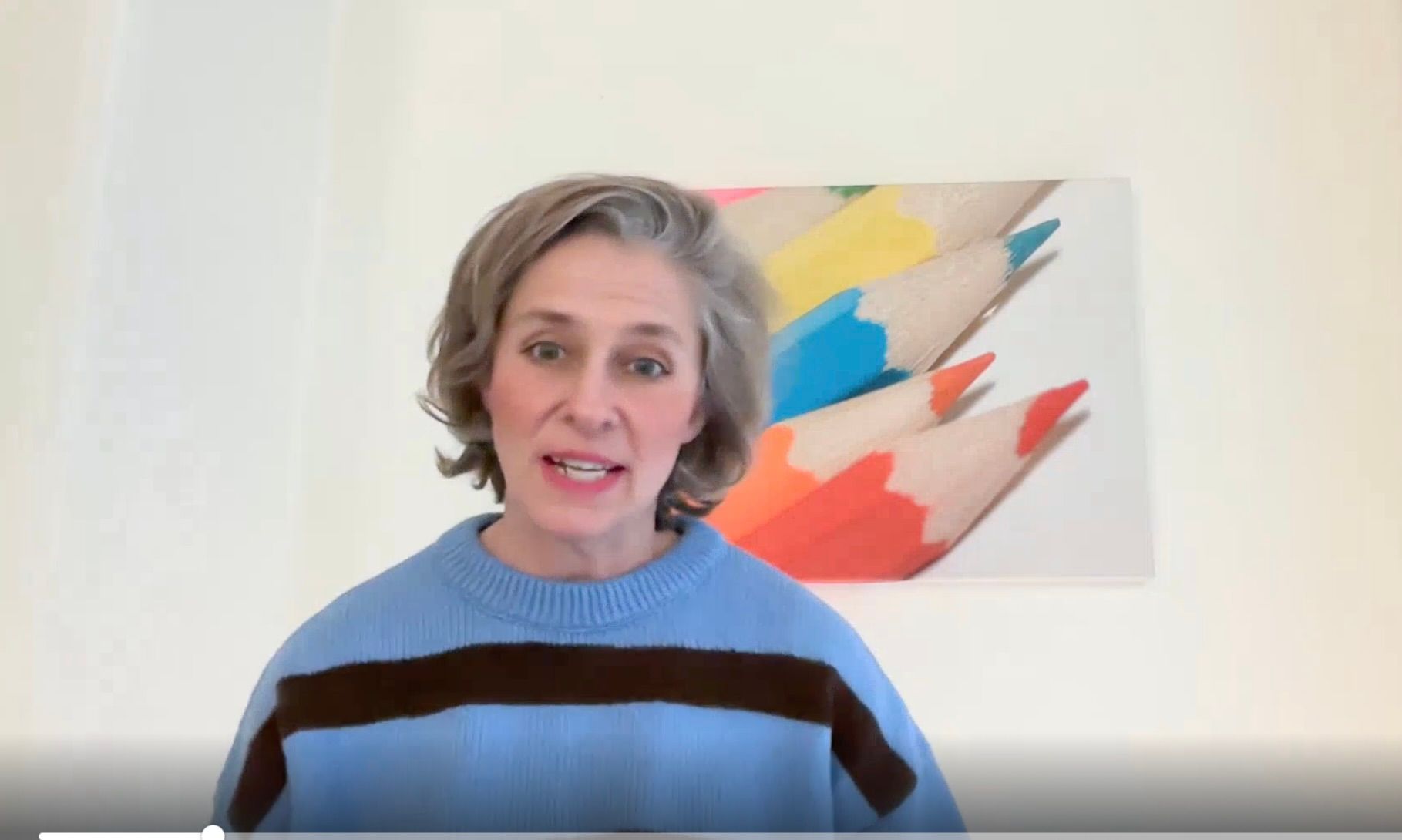The curse of overthinking…
“ Many of us have become over thinkers because it gives us the illusion that we’re doing something about the problem we’re overthinking about” – Nick Trenton
We all have moments where we have so much in our heads that our bandwidth is stretched to capacity. We then decide to focus on just one problem and overthink it so that it becomes a really huge problem. The bigger it gets the more you lose the ability to see any clarity, make any decisions or to feel calm.
Nick Trenton the author of Stop Overthinking says the first mistake is to think that you can think your way out of overthinking. Understanding that you can’t think and feel at the same time is liberating. When you are too emotional and in feelings you need to move away from whatever is triggering the anxiety and move into thinking, and likewise too much in your head you need to feel instead of think.
Trenton suggests the 5,4,3,2,1 approach, using all five senses to reset. Imagine sitting at your desk overthinking. Stop and take a moment to :-
5 – look at 5 things in your office – really stare and visualise them, lamp on your desk, tree outside, the sky, pen you have been using, a chair opposite you
4 – hear 4 things and really hear them – the fan on your computer, your breathing, car outside, ticking of a clock
3 – feel 3 sensations, your hands on the desk, the fabric of your shirt, warmth of mug on your desk
2 – smells you can detect in the room – your own perfume/aftershave, the aroma in the room
1 – taste sensation, the coffee, or just your own taste in your mouth
This method gives you the control back.
Behind every overthinking episode is a deliberating belief, Trenton describes this second method as “counter belief experiment”.
You are about to present to a large audience and you are overthinking and you believe you are not prepared enough. He says take the following steps to challenge that anxiety belief:-
- What must I believe about myself, or the future to justify my anxiety?
- Invert the belief to form a counter belief – if you believe you are not prepared for the presentation – the counter belief – I am fully prepared for the presentation
- Spend a least a minute in the counter belief – you are full prepared – what does that feel like?
- Look for evidence to support this new belief – you are fully prepared
Finding evidence to support your counter belief, helps you dispel the original belief, this will lower the anxiety and stop you overthinking.
The final method Trenton suggests is worry postponement. When the overthinking starts, book a worry appointment for later. The delay often takes away the anxiety. The worry just wants to be acknowledged and that maybe all it needs as often when you revisit the problem it is not a problem.
To book a workshop on “How to stop Overthinking…?” please do get in touch bev@nuggetsoflearning.co.uk












